I'm Mike Nicholson, CEO at Six Sells, and host of The Six Sells Podcast.
I recently spoke with Sophie Toth, who works in programmatic partnerships for Rakuten Viber and is the co-founder of the Women in Programmatic Network.
Here's a summary of some of the topics we covered in this episode of The Six Sells Podcast.
What is Sophie Toth’s career journey leading to Rakuten Viber?
Sophie shared her inspiring journey with me, explaining how she began her career in Hungary before moving to the UK to expand her opportunities in digital advertising:
"My career started in Hungary. I'm Hungarian, and after two years being in the digital space in Hungary, I decided to come over to the UK and try my luck. So I started as a campaign manager at NetCommunities—I will always be grateful for the team. They taught me a lot. After that, I shifted to the programmatic space. I got a role at The Economist as a global programmatic specialist, helping salespeople, directors, and also being a technical, ad-hoc person within the team."
She then explained her transition to Euronews, where her responsibilities grew significantly:
"After that, I wanted to grow and own the space. So I went to Euronews as a programmatic manager, and very soon I was promoted to programmatic and tech lead. I was there for five years, learned a lot about partnerships, Edstack, and how to see the full picture."
Finally, Sophie shared her excitement about joining Rakuten Viber:
"Now I'm at Rakuten Viber, which is a 100% app. It's a good challenge—I joined Viber because I see that apps will grow a lot because the third-party cookie will be deprecated, if not sooner. Viber is very big globally. We're a little bit different from traditional messaging apps, but I see great potential in the product."
Why are messaging apps like Viber valuable for marketers and brands?
During our conversation, Sophie emphasised the growing importance and unique advantages messaging apps provide for marketers and brands:
"An app is viable because of the initial trust it has with the user. Users have the app on their phone and engage with it every day, so retention and engagement rates are very high. If the brand wants to engage with a B2C audience, messaging apps are brilliant."
Sophie highlighted the specific strengths of messaging apps in terms of targeting and engagement:
"Messaging apps can offer great data overlays. The viewability rate is usually very high—exceptional—and not just the engagement with the app itself, but engagement with the brand or campaign is usually much higher than elsewhere. Retention rate, trust, and time spent in the app are key."
How is AI being used in programmatic advertising and at Viber?
Sophie provided valuable insights into the use of AI within the programmatic advertising space, particularly at Viber:
"I see AI helping programmatic a lot, for example, pinpointing anomalies, flow-prior optimisation, and in general, making us more efficient. Our roles will shift towards interpreting analysis and thinking about the future based on data that AI helps us access faster."
At Viber, AI also enhances user experience, as Sophie described:
"Within Viber, we are trialling AI in group chats. When group chats become busy, members can receive an AI-generated summary. AI is everywhere, and we need to keep up."
What is the Women in Programmatic Network, and how does it support its members?
Sophie passionately described the mission behind the Women in Programmatic Network, which she co-founded:
"We co-founded the Women in Programmatic Network just before the pandemic. Initially, it was just monthly dinners. Then the pandemic happened, and we went online, rapidly growing. Our first online call had just two of us, but we quickly expanded to thousands. Our goal is to embrace women, give them confidence to speak about their knowledge, and create a safe place where everyone can share openly."
She further outlined the network's structure and purpose:
"I don't wish anyone, regardless of gender, to feel alone. The network operates globally with local chapters. Members are independent to organise events as they see fit, maintaining alignment with our core values."
Sophie proudly detailed the network’s growth:
"We currently have about 3,500 to 4,000 registered members globally, with over 6,000 followers on LinkedIn and various chat groups on messaging apps. It’s amazing how the women engage with each other internationally."
What emerging trends does Sophie believe are important in advertising technology?
Sophie shared her predictions on key adtech trends, placing emphasis on trust and transparency:
"Currently, trusted curation and trusted marketplaces are very important. Programmatic out-of-home advertising will become quite significant following Connected TV (CTV). Partnerships will also become much more important as the industry returns to human-led conversations due to trust issues and stricter data legislation."
She provided context for her beliefs:
"Open marketplaces will shrink significantly, and we’ll see a rise in curated, trusted marketplaces. Publishers are becoming more aware of how money flows through third parties and middlemen, leading to greater direct conversations and partnerships."
What advertising formats does Viber offer, and how do brands use them?
Sophie outlined Viber’s core advertising formats clearly, highlighting their focus on user experience:
"At Viber, my space is traditional media, mainly IAB banners. Within the banner, we offer native, display, and video formats. User experience comes first—we are primarily a messaging super app and monetise our inventory carefully, not the other way around. Users are our assets."
She discussed typical use cases from brands:
"Brands mostly care about performance, particularly in our PMP and direct PG campaigns. Native and display formats are popular, and we're increasingly exploring video. Video, although challenging in terms of creation and measurement, offers strong branding and engagement potential."
What role does authenticity play in AI-generated content according to Sophie?
We discussed the role of authenticity in AI-generated content, a topic Sophie feels strongly about:
"People don’t fully trust AI-generated content. For authenticity, AI can't replicate the human mind or replace journalists who have unique writing styles. Journalists are not replaceable because authentic content keeps audiences engaged. AI can help journalists summarise or create teasers, but main content must remain human-led."
Sophie also explained how she personally utilises AI:
"English is my second language, so I find AI useful for improving the native quality of my emails or LinkedIn posts. But I always review AI-generated content carefully to make it my own, maintaining authenticity."
---
Links to this episode of The Six Sells Podcast:
Apple Podcasts
Spotify
Amazon Music
YouTube


.png)




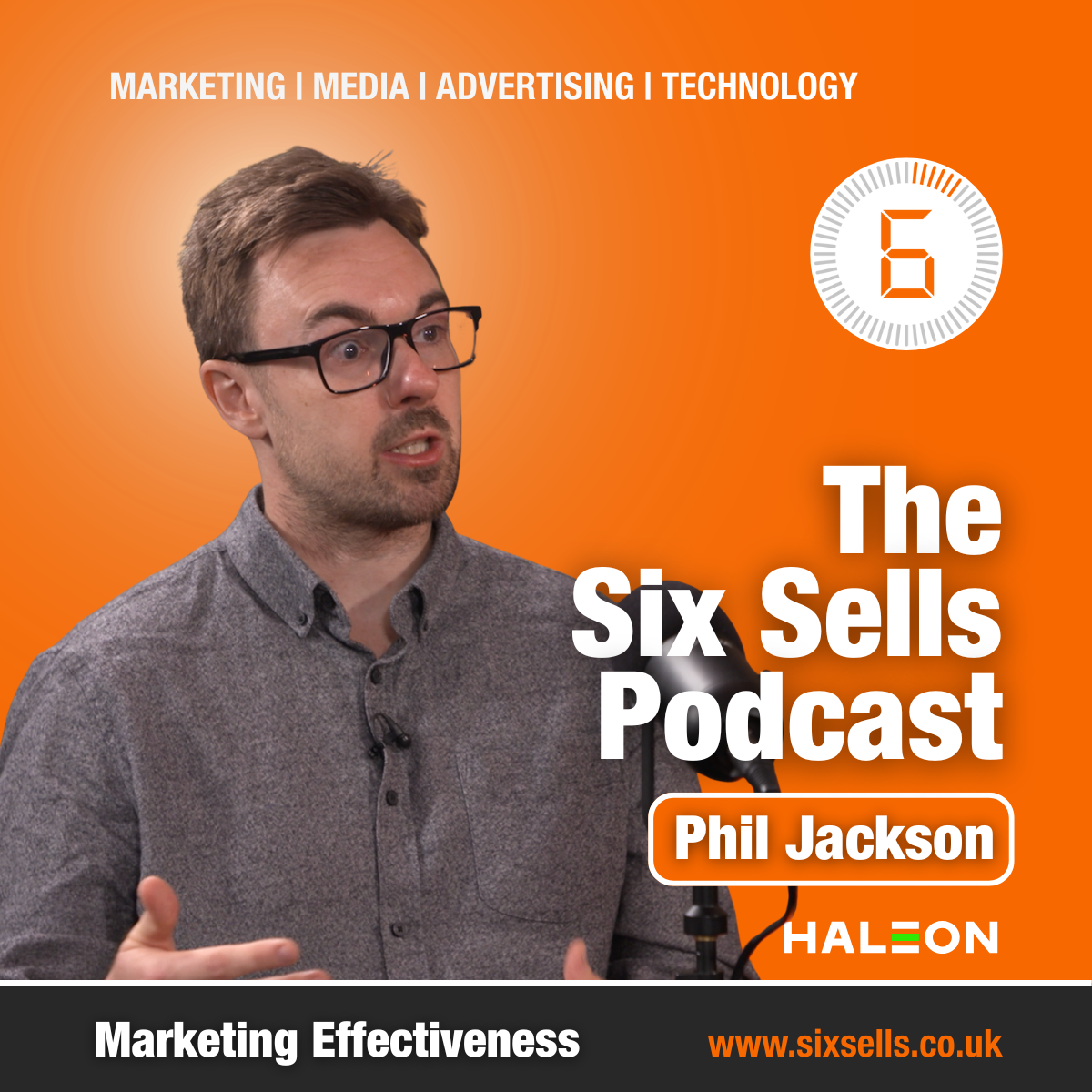
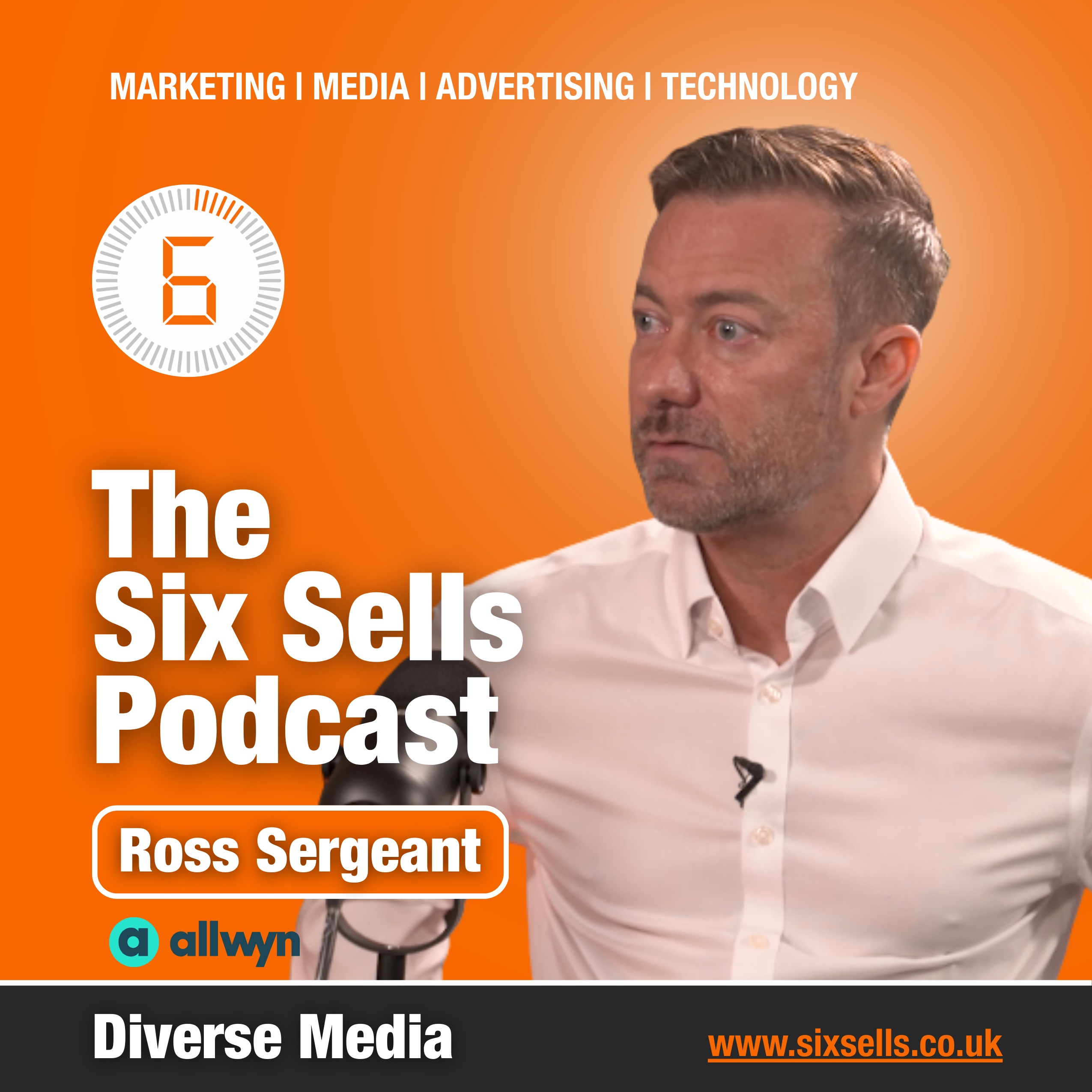

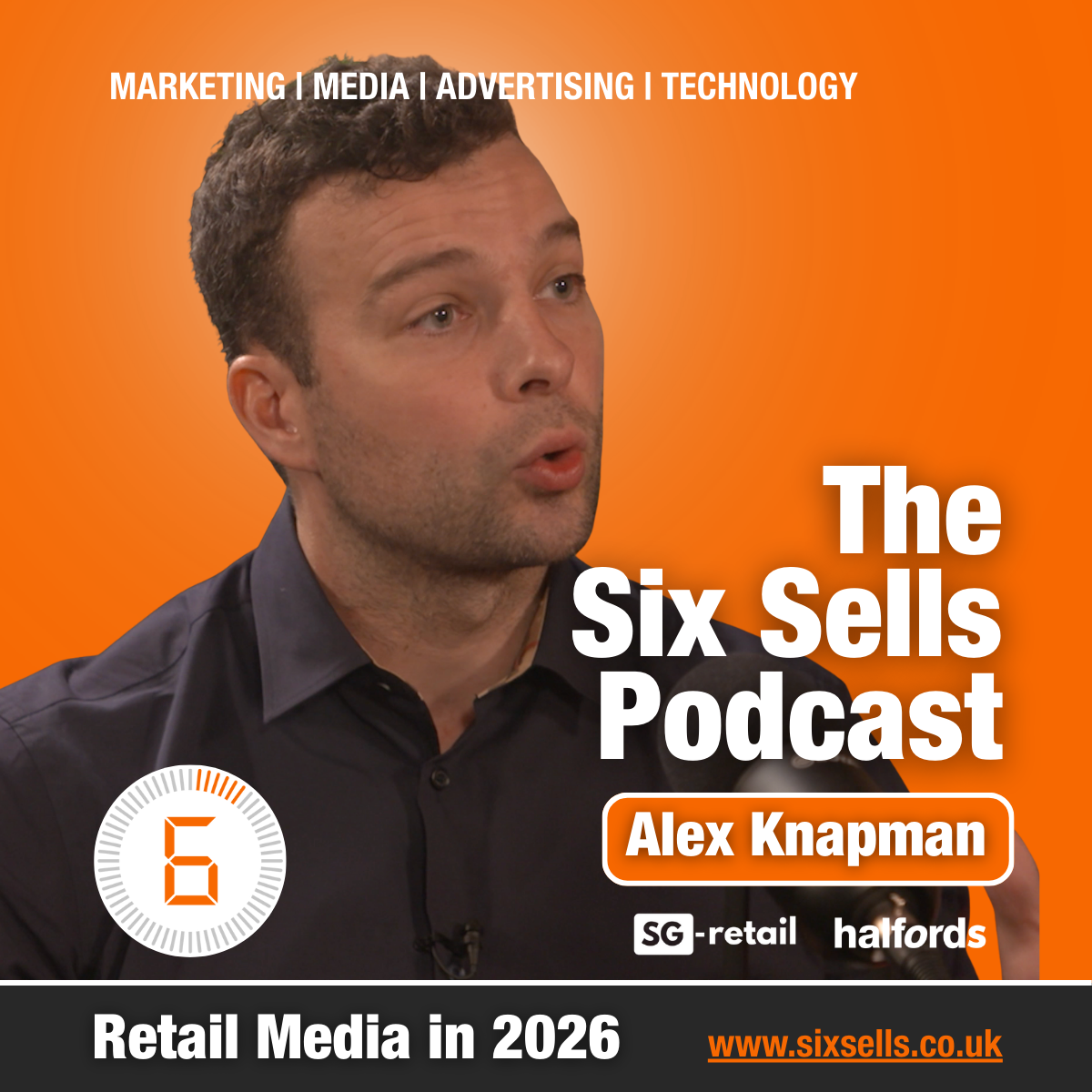

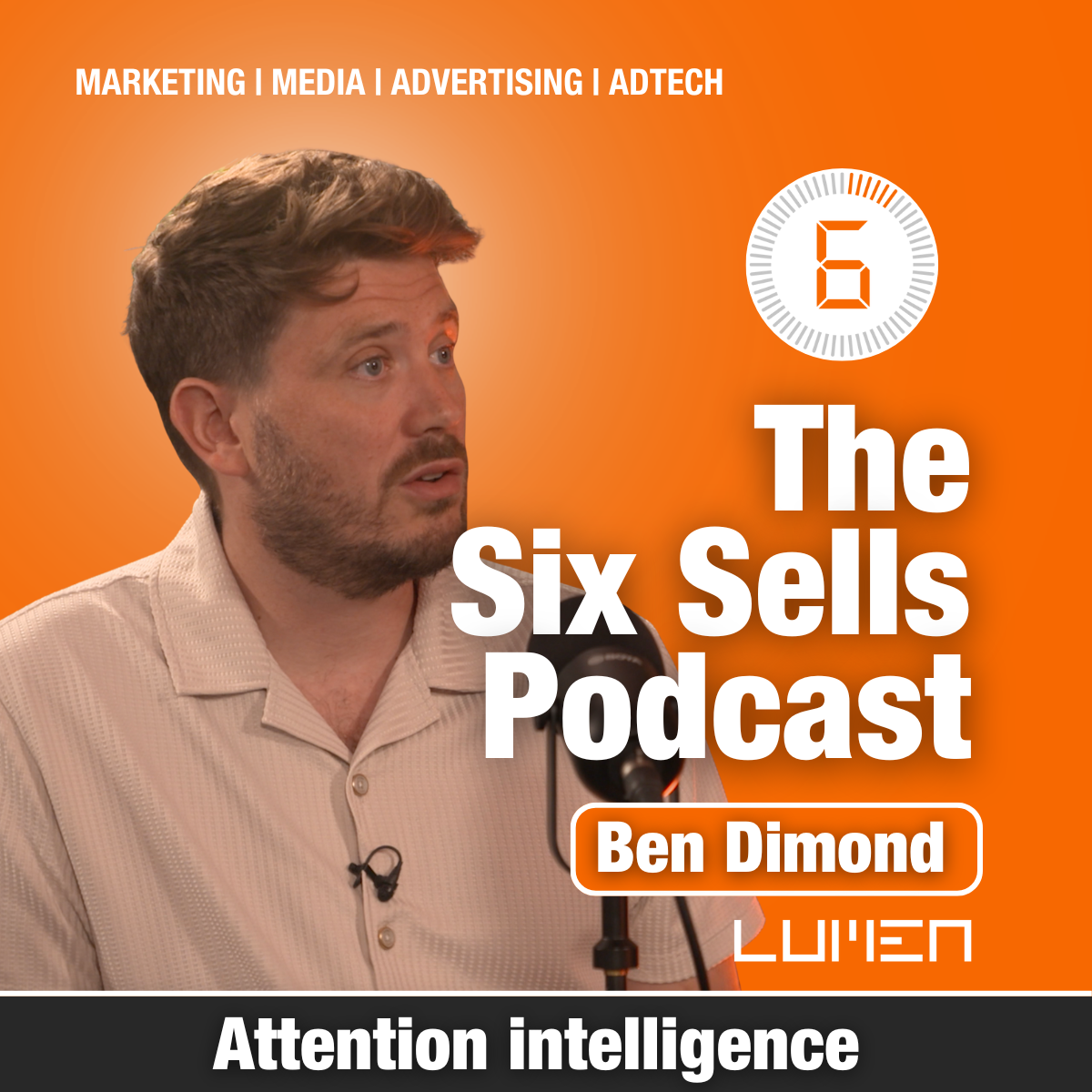
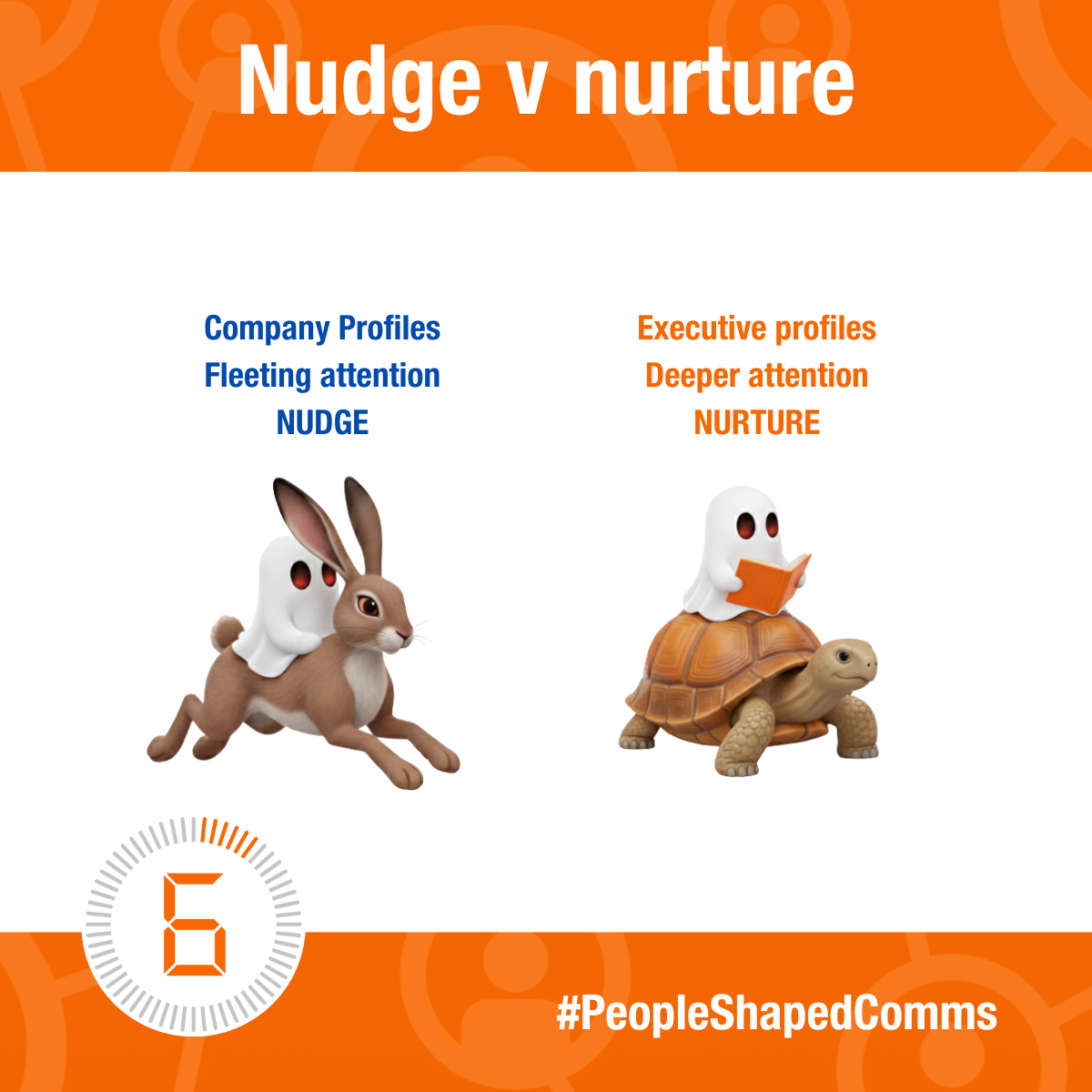
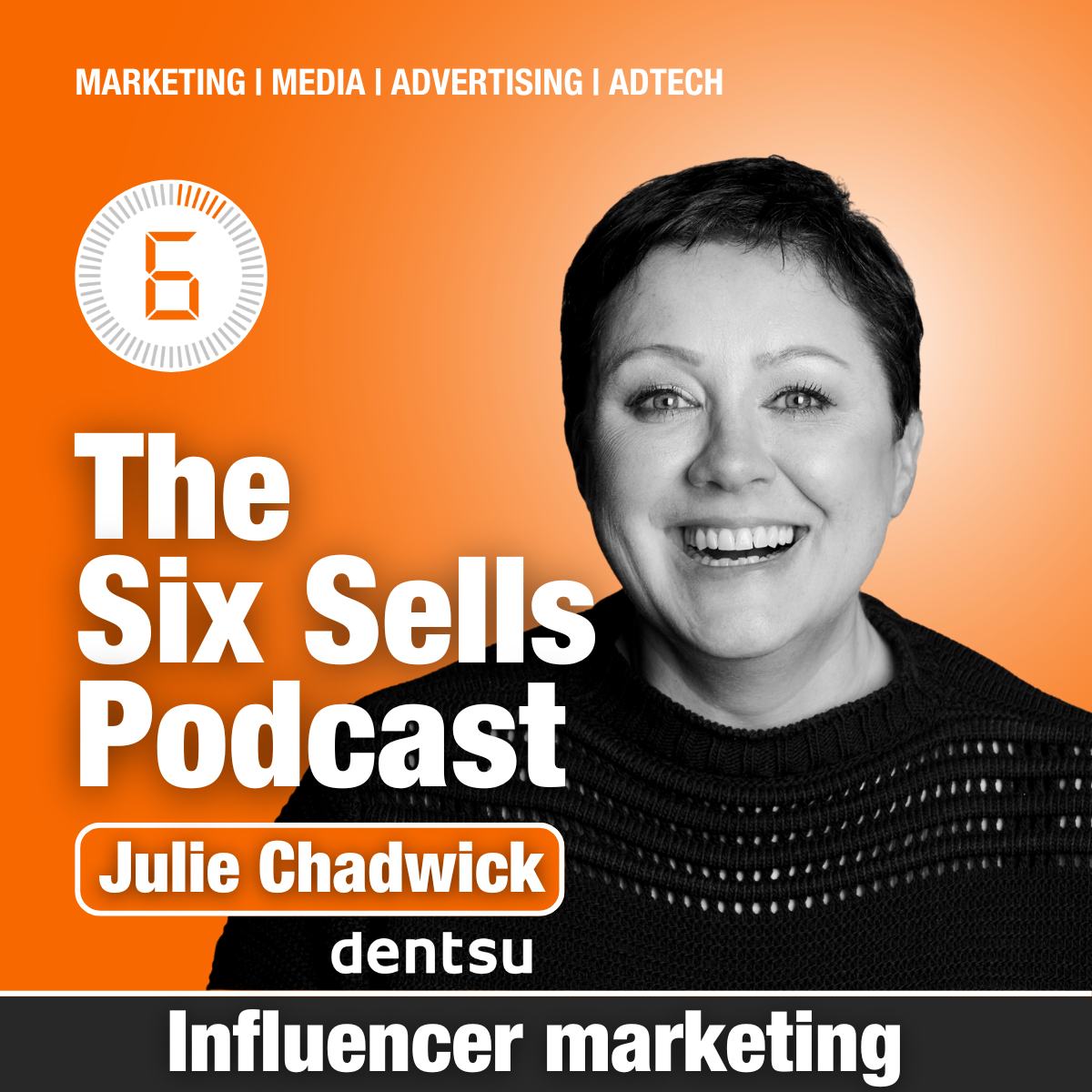
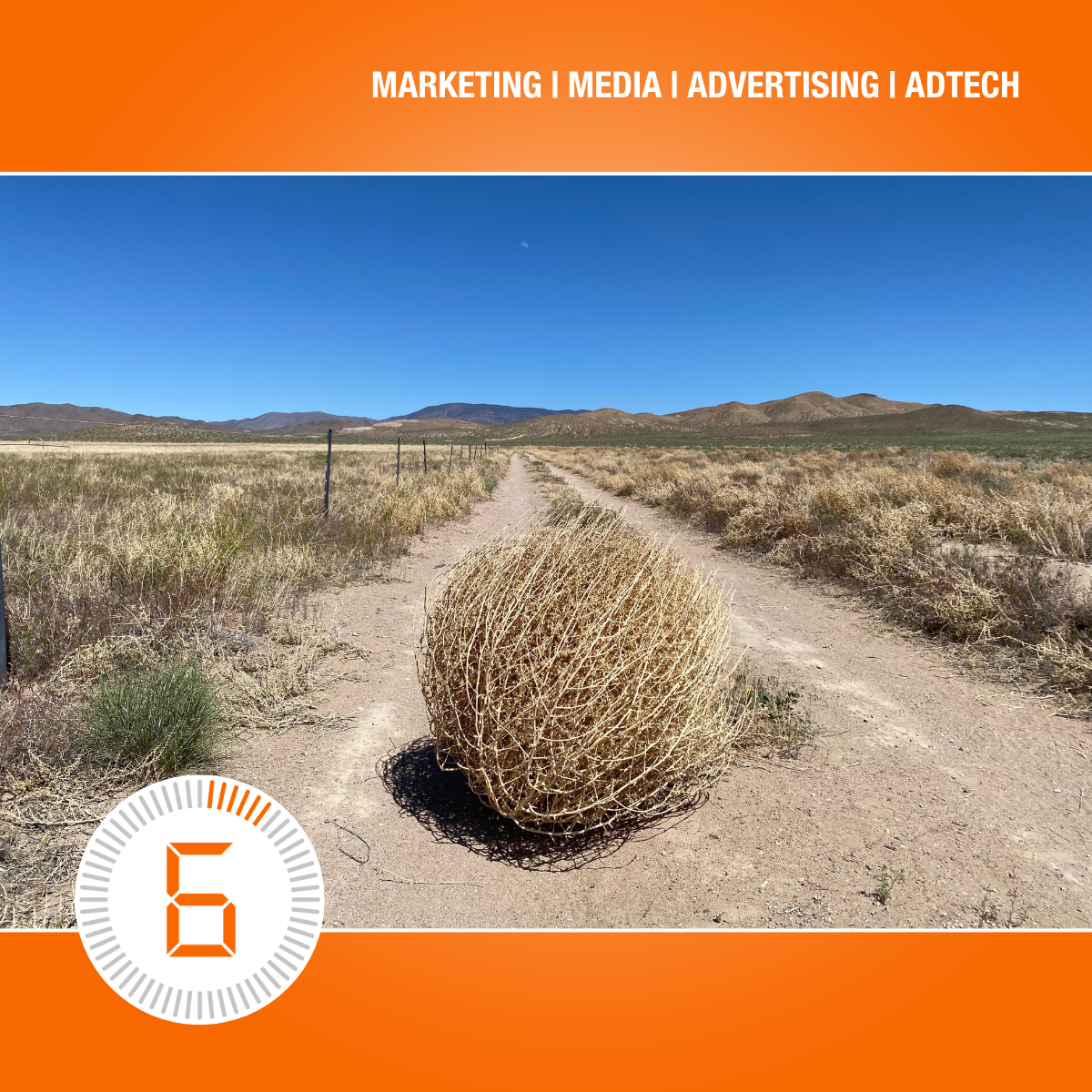
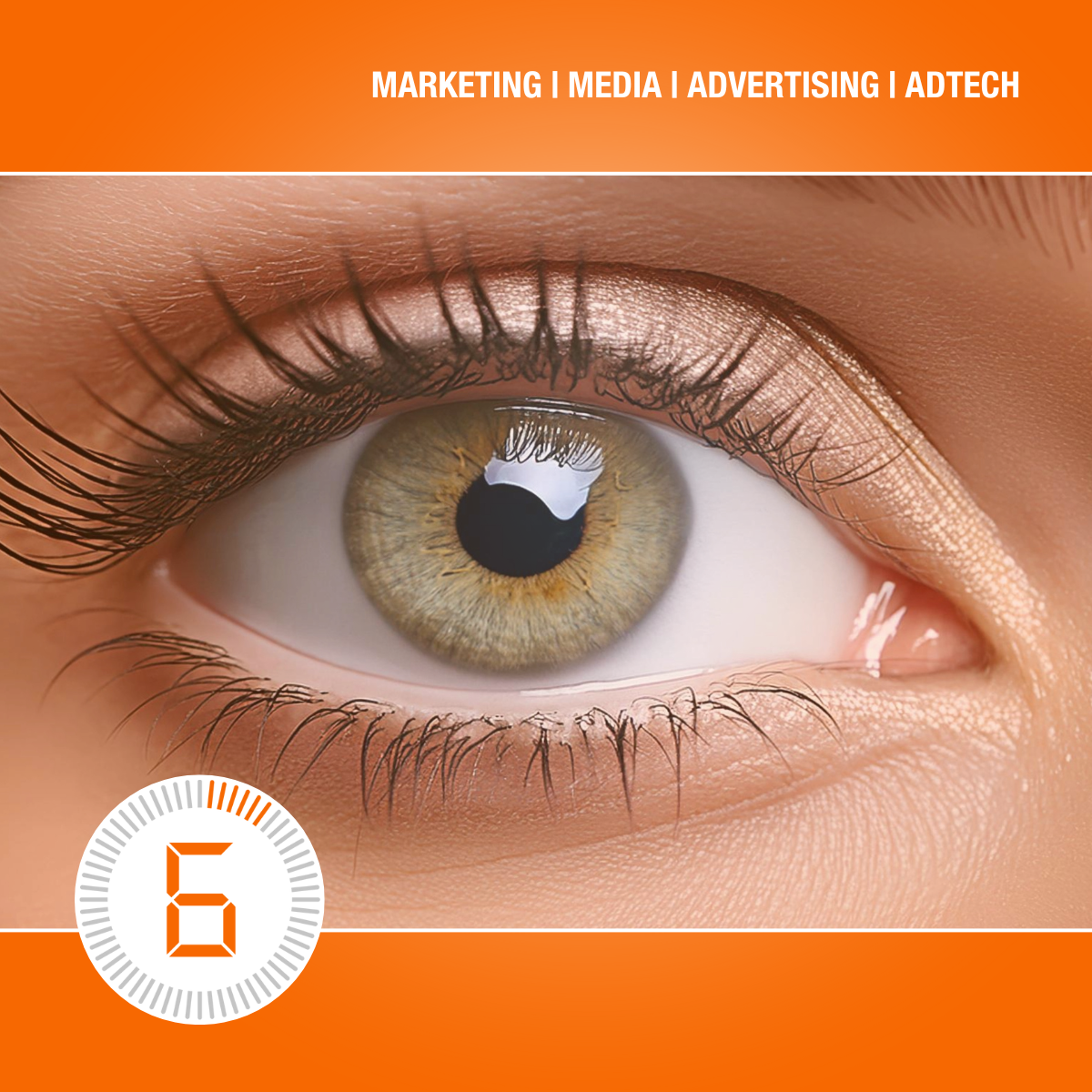
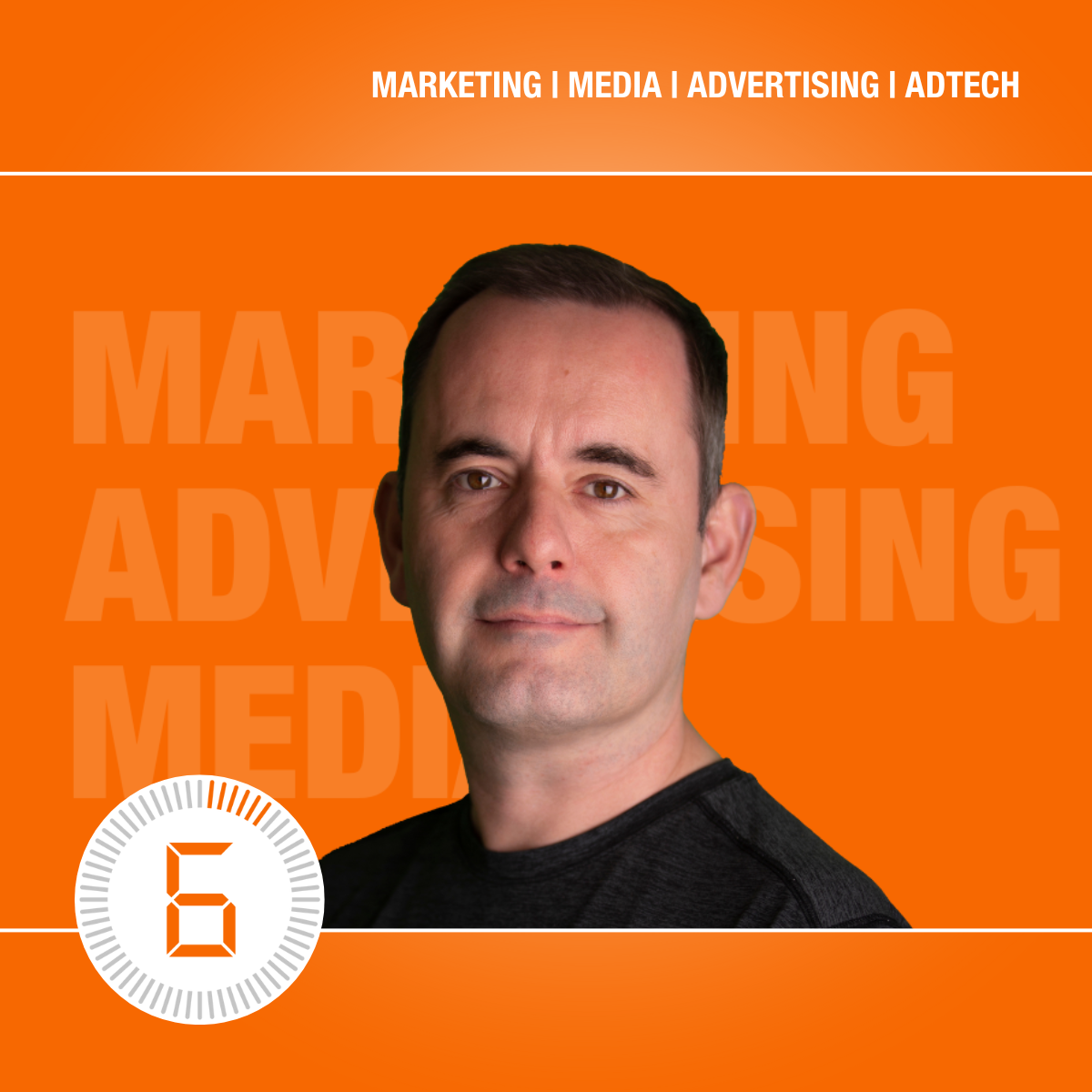
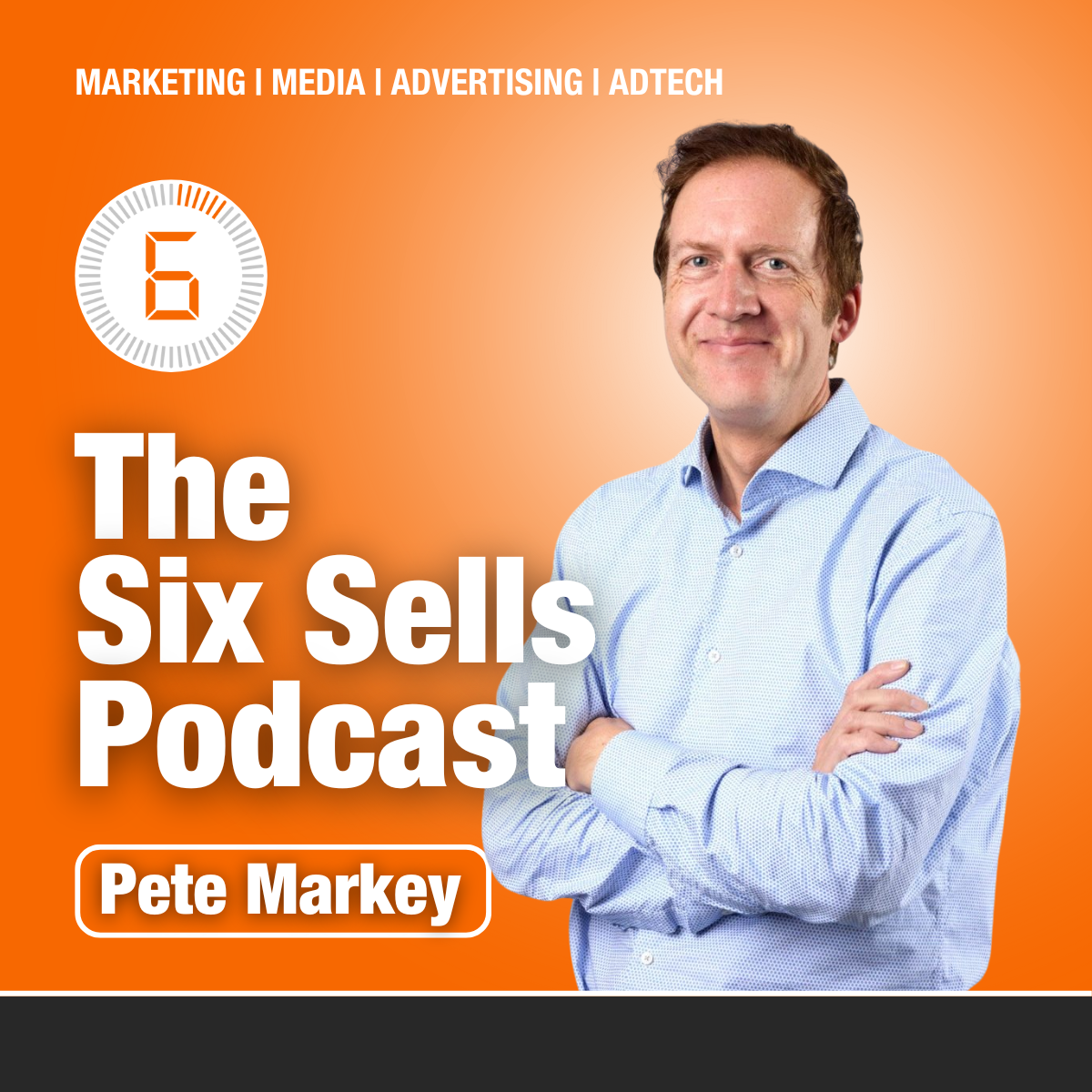

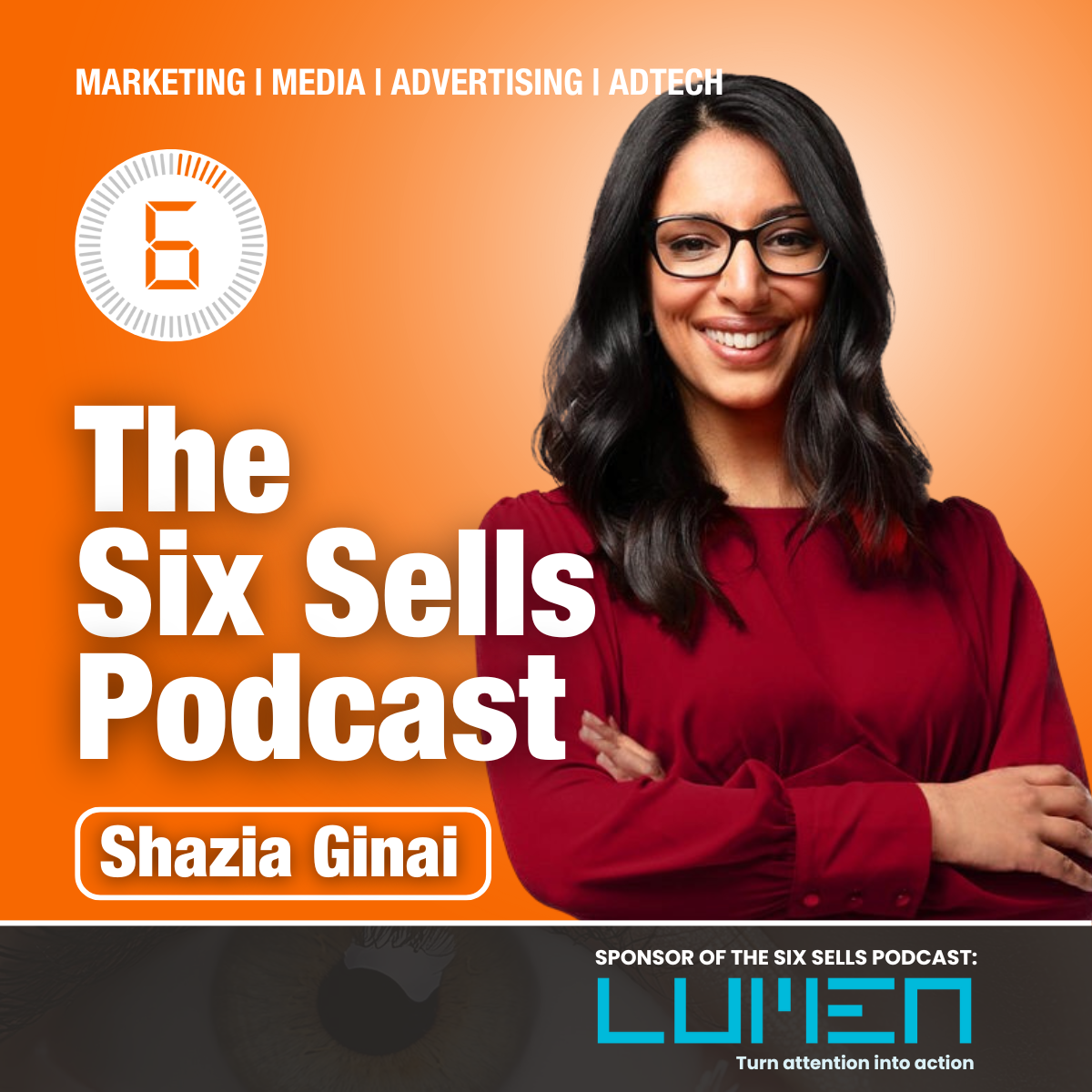
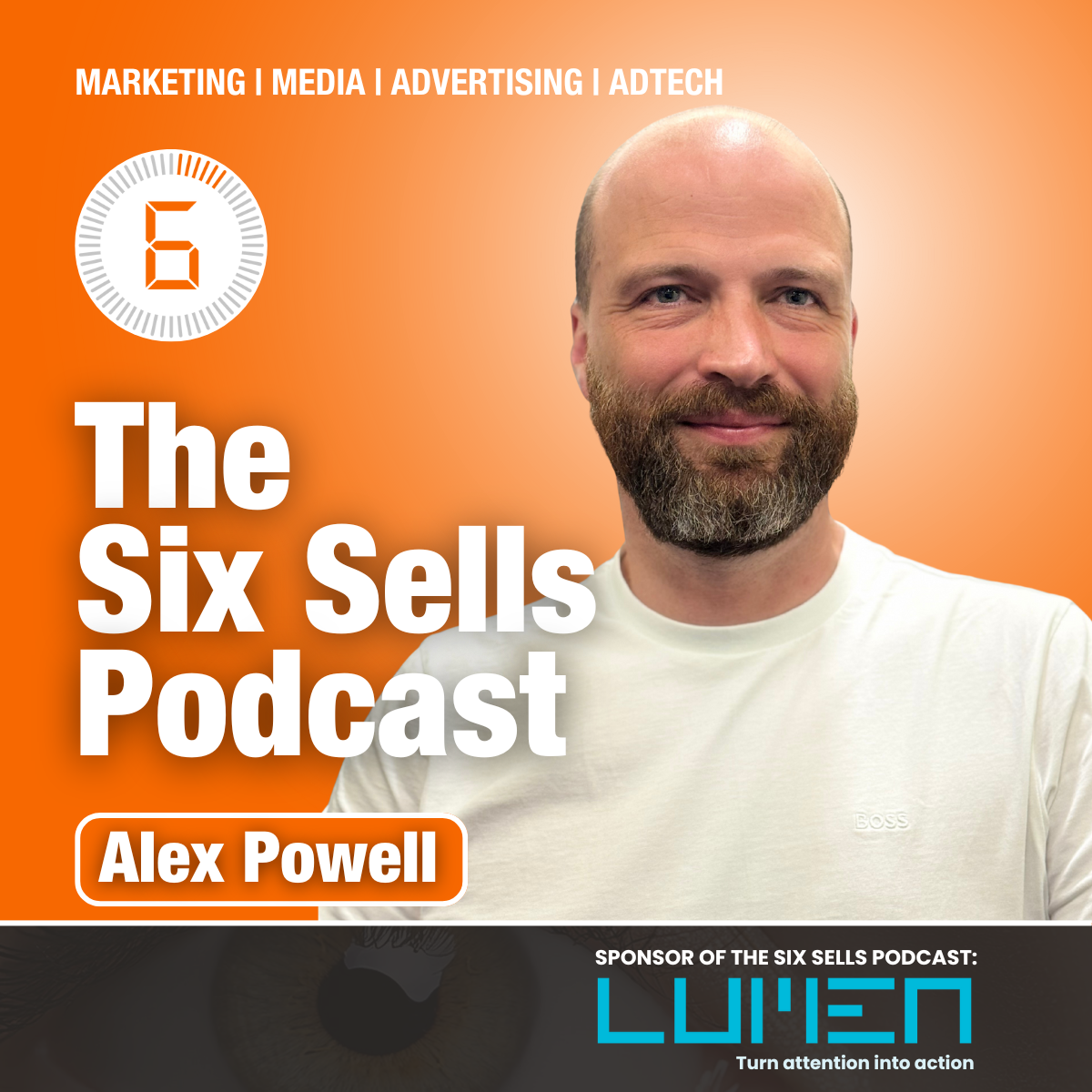
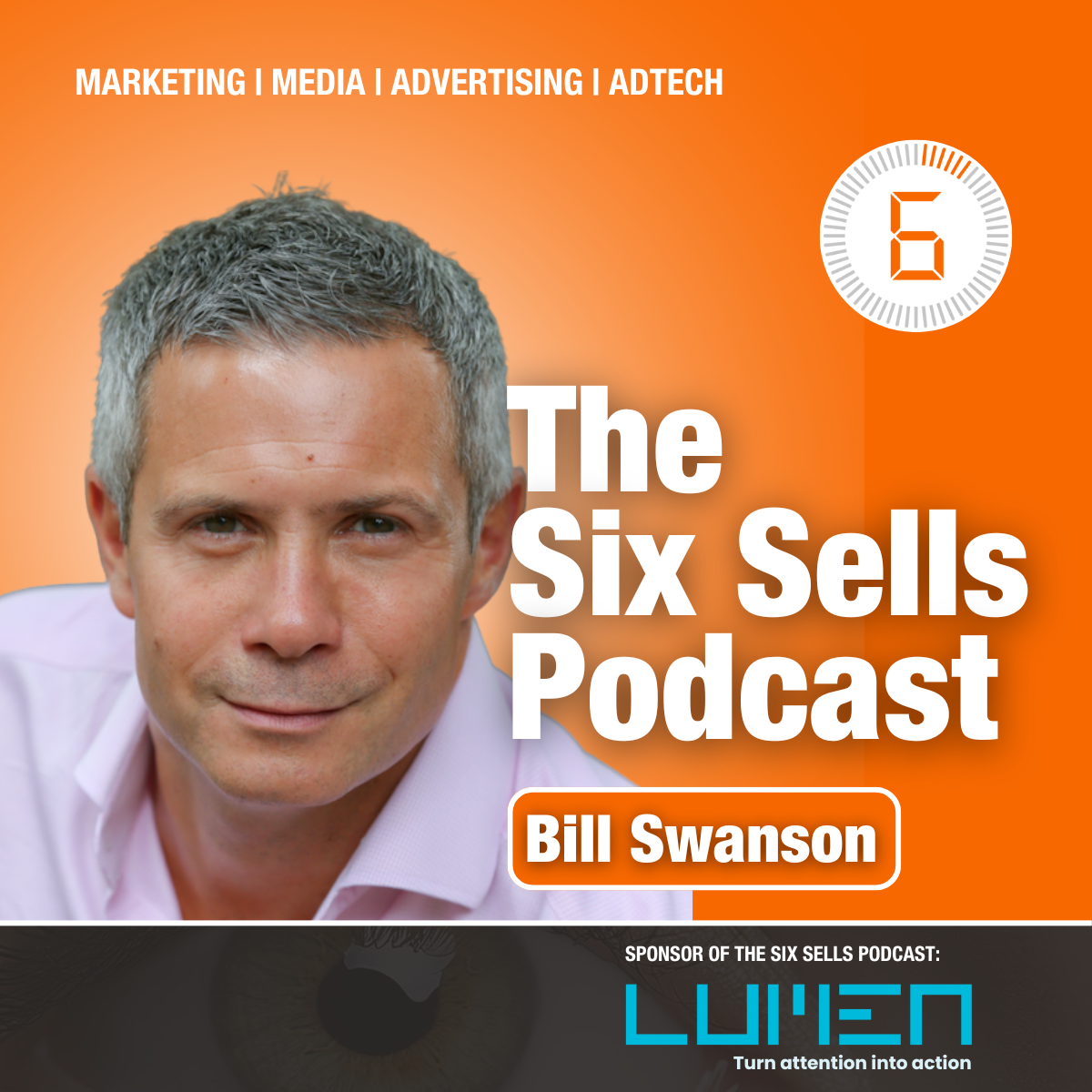
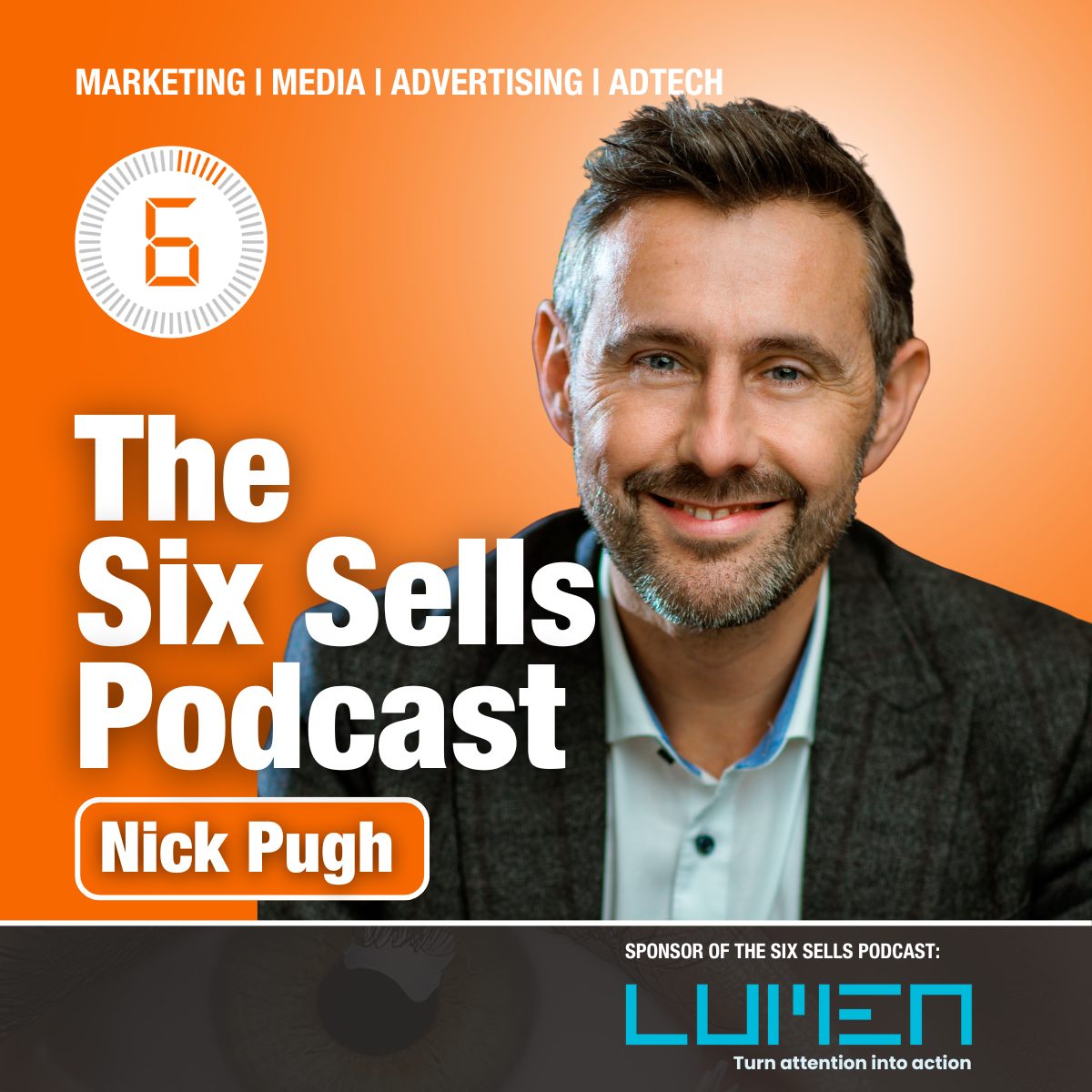
.png)
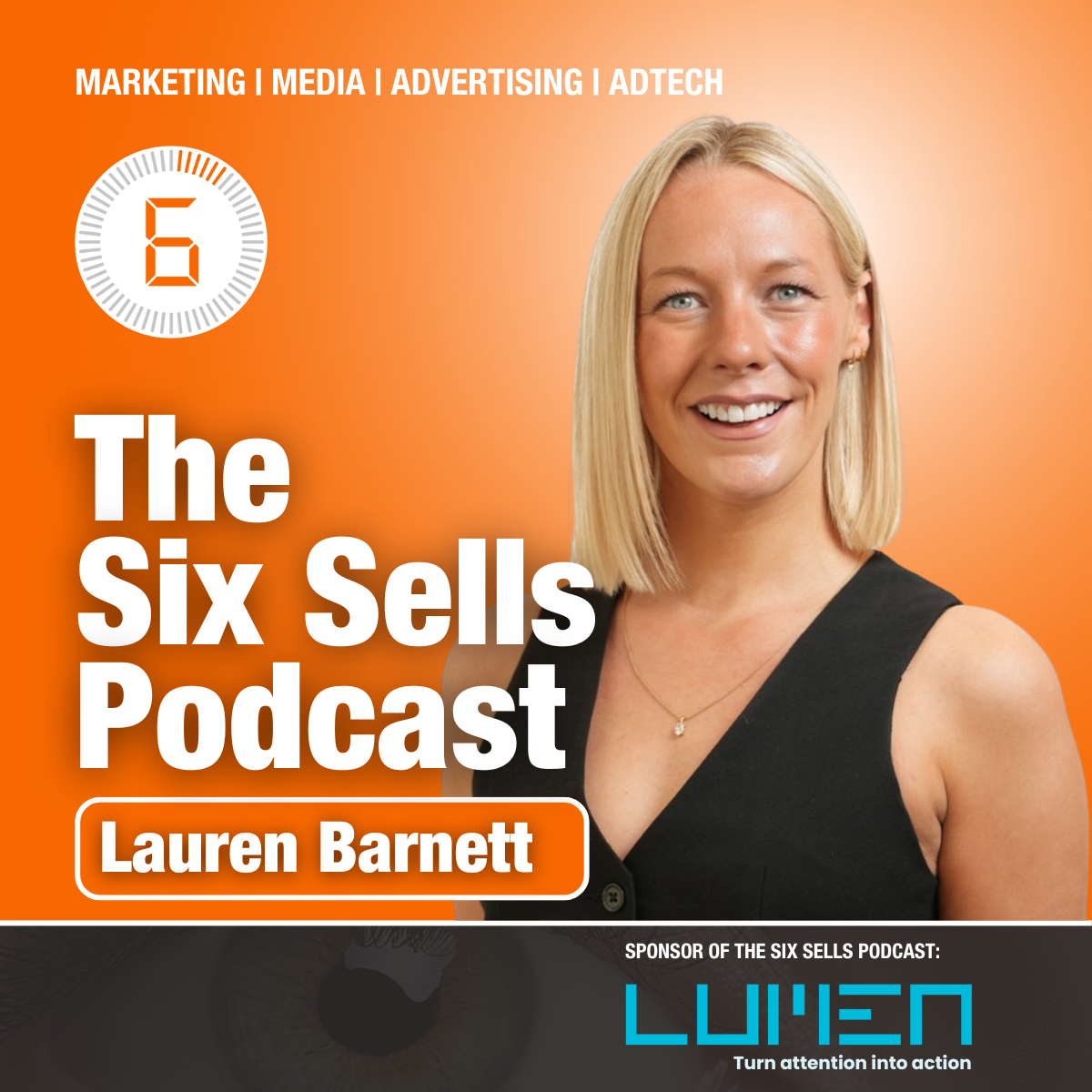
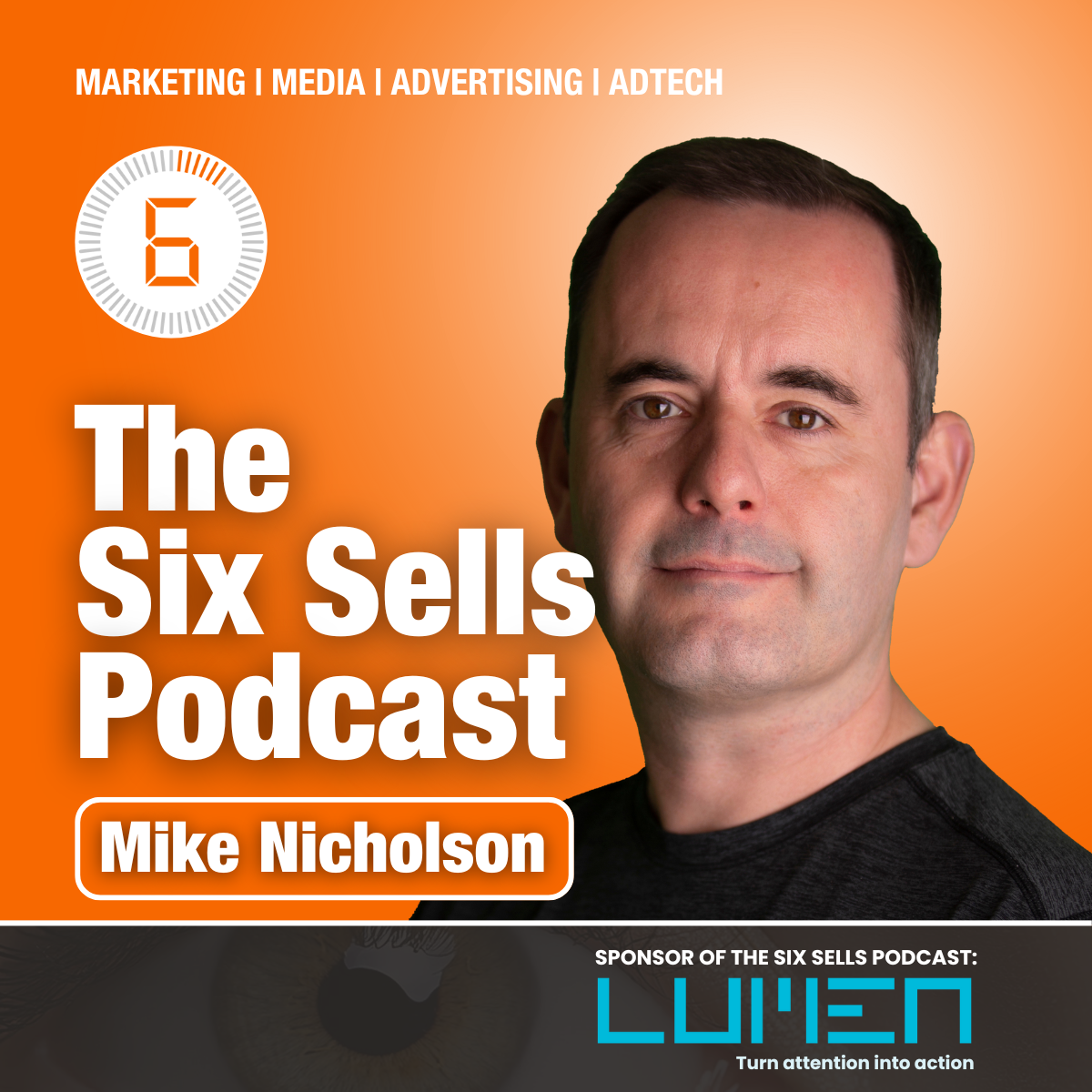
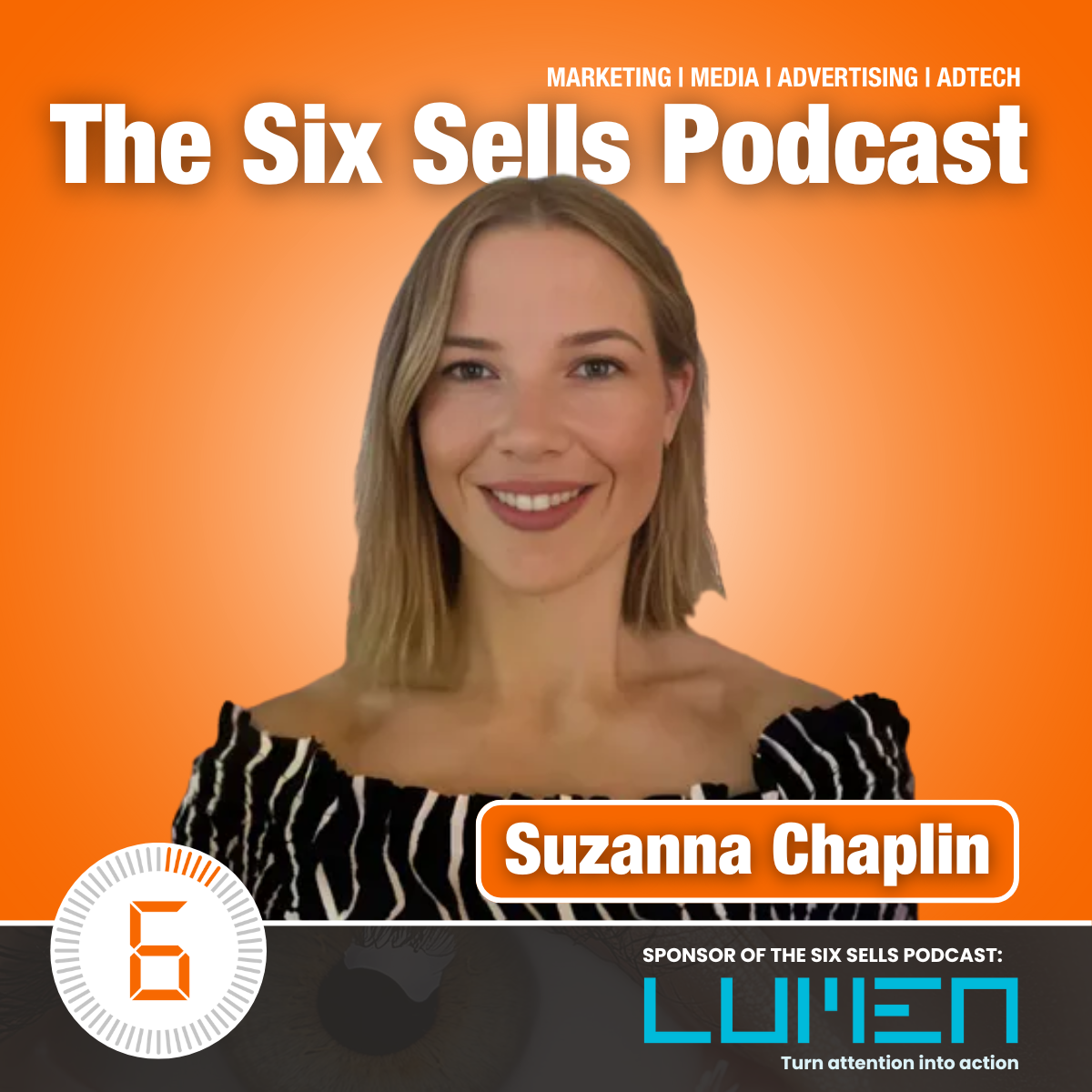
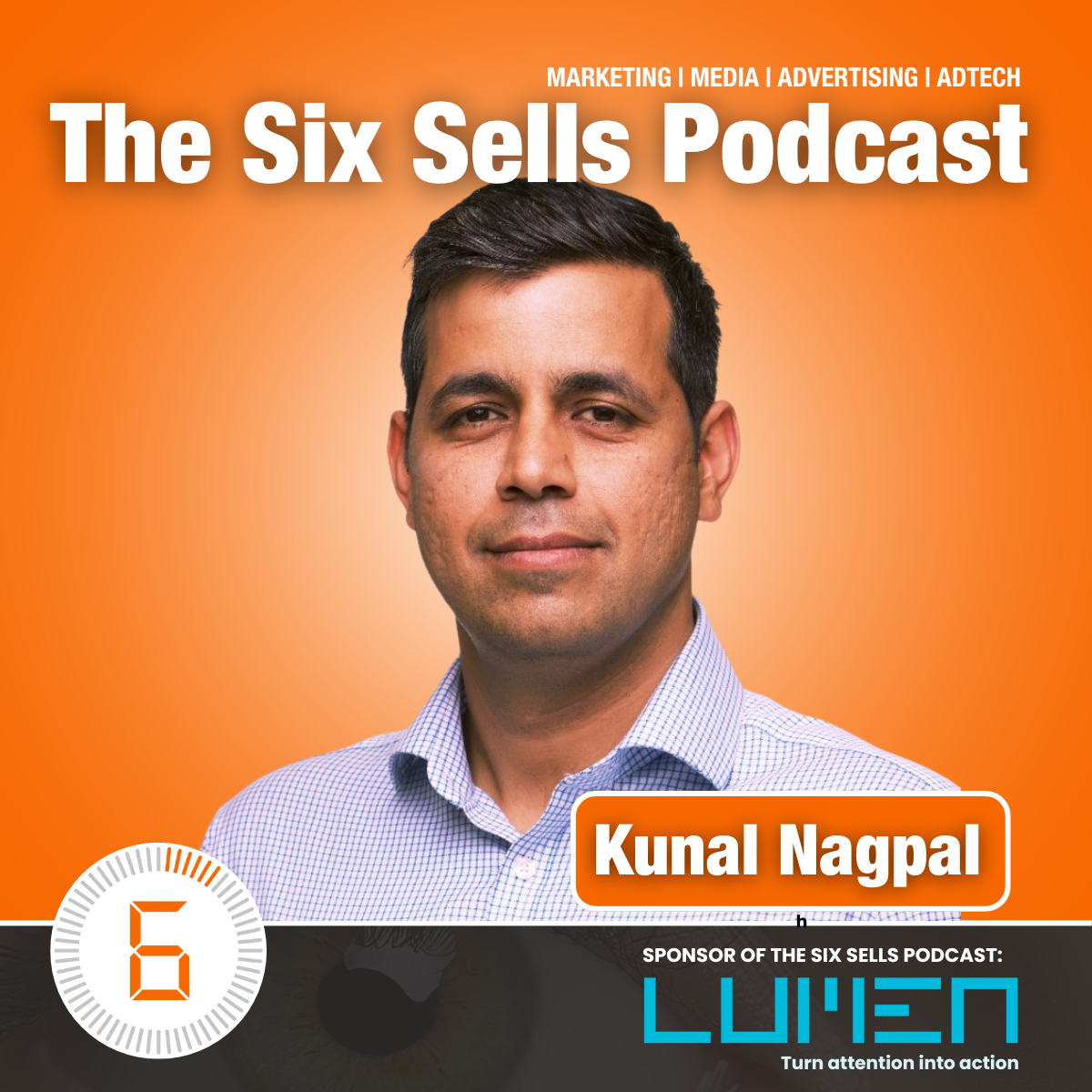



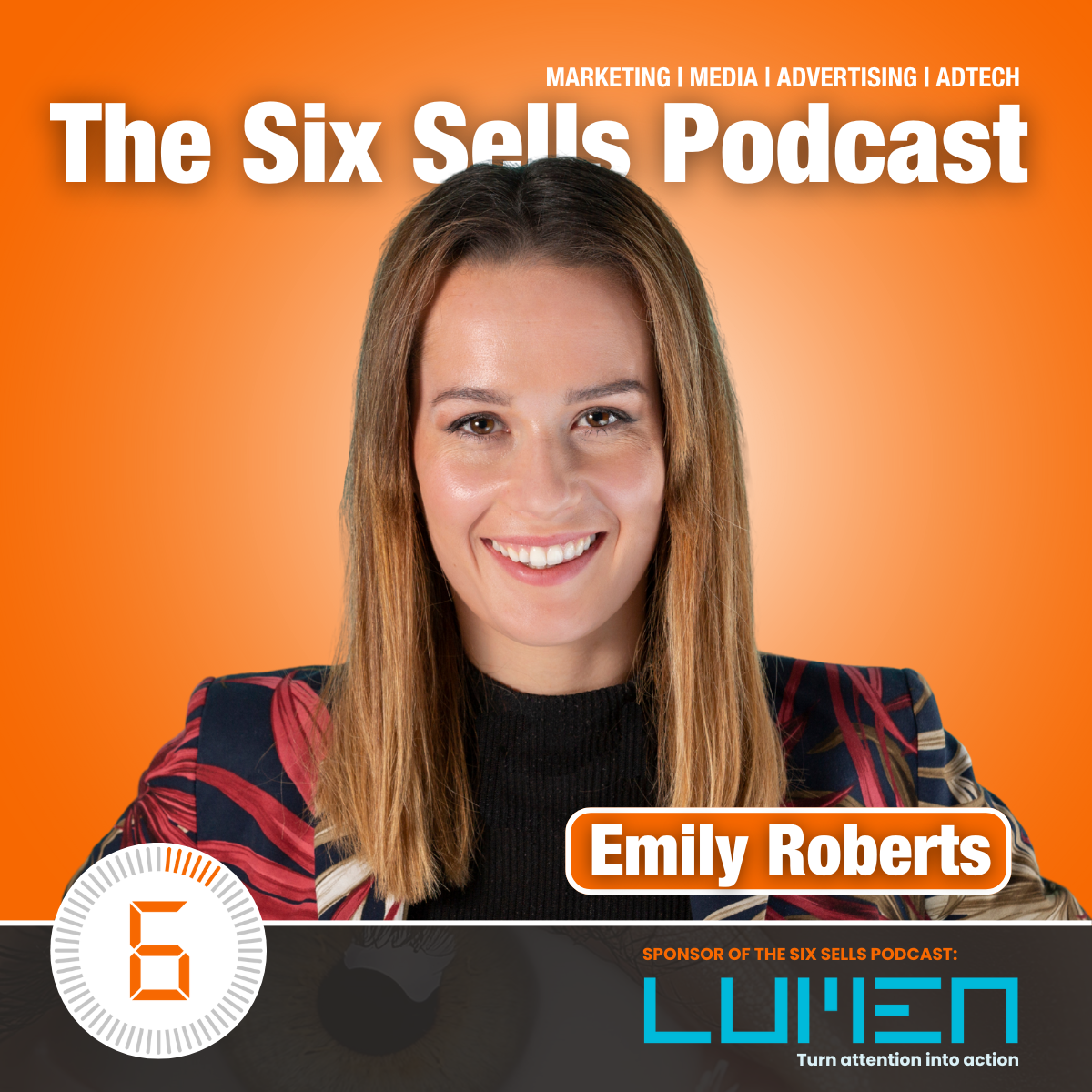






















.png)





















